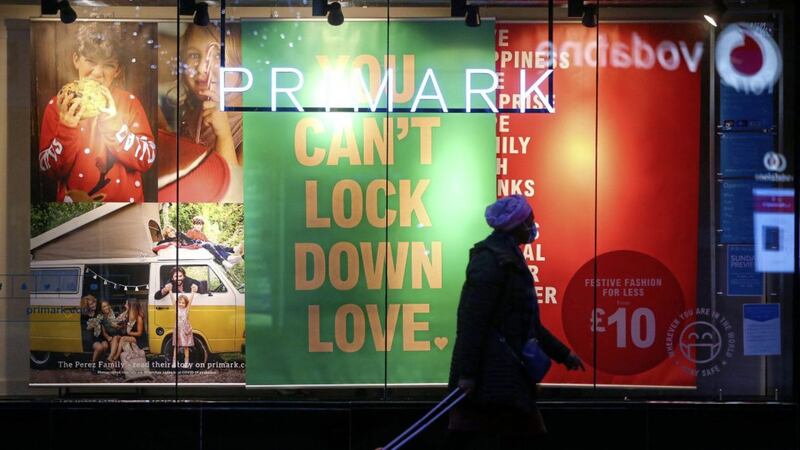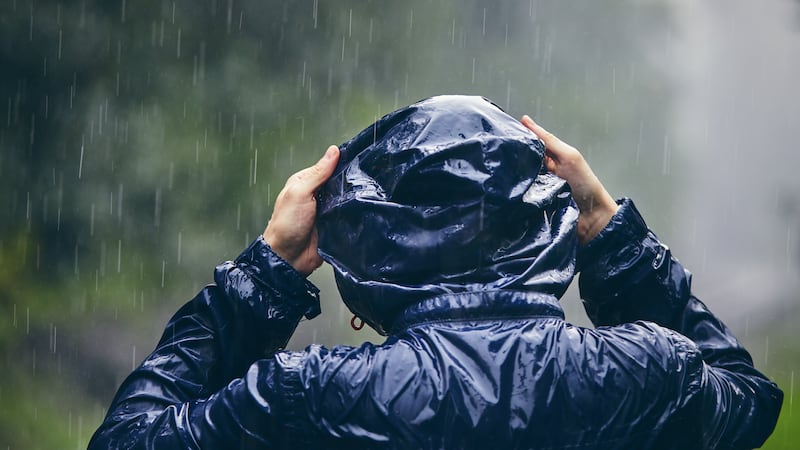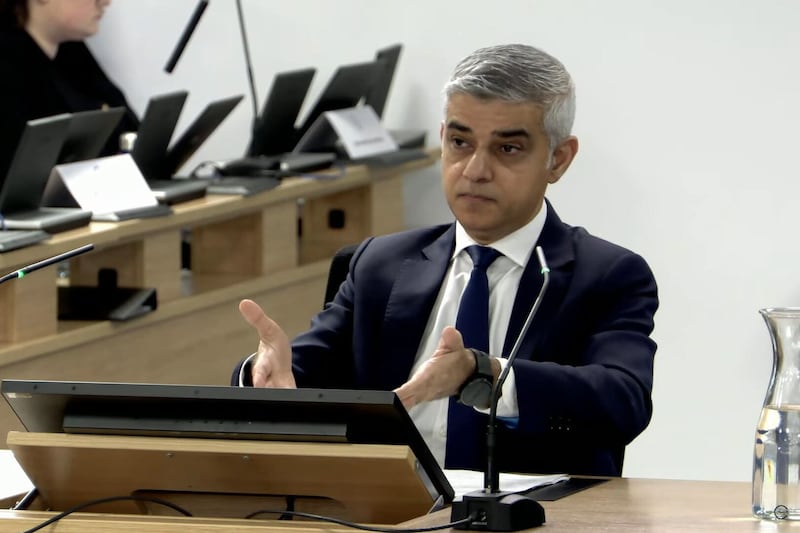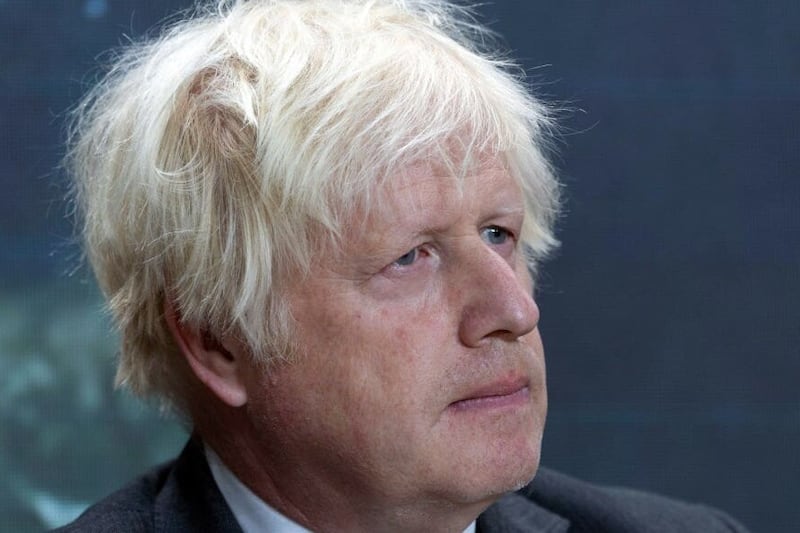We are now a year on from the first positive case of Covid-19 detected in the north.
I have lived through and reported on some seismic events in our recent history, some tragic, some joyous, some life changing, some life affirming.
But none of us have ever experienced anything like the last 12 months and I hope that we never will again.
In the week when all of Europe went into lockdown I was due to go on holiday to visit a friend who lives in Spain, bags packed and planning a week of no emails or work commitments.
My packed case remains in the spare room, I've no idea when it'll ever get used again.
Within the space of days I went from looking forward to a sunshine break to talking to my mother about her final wishes if she were to succumb to the virus.
Emotional conversations with loved ones and constant worry about what was ahead, as we watched horrific images from Milan and Madrid.
Life came at us all fast that week in March.
People hoped this is was a short sharp shock, but the experts were telling us differently, this was going to take months not weeks to suppress.
In mid-March 2020 I interviewed a senior police officer who said the PSNI had a Covid policing plan in place until September.
September?
It was completely incomprehensible that we would still be living under restrictions six months on, and yet here we are looking back at a full year of Covid, lockdown and release.
Still battling with a virus that has made our lives, communities, country and the world a very different place.
It soon became clear that the years of austerity and constant cutting of health service budgets had left us with an NHS unable to cope with such pressures.
Clapping for nurses, who just months before had been standing on freezing cold picket lines, striking for pay parity with their counterparts in England, seemed well-meaning but misplaced.
This year also highlighted the injustices of our society.
The unfair distribution of the world's wealth and resources was amplified when placed in the context of a global disaster.
Those of us lucky enough to be able to work from home, have had a much easier lockdown financially than the tens of thousands who were furloughed or lost their jobs.
The definition of 'frontline' worker has also changed forever, beyond the emergency services to the cleaners, supermarket workers, bus drivers, utility workers, teachers, social workers and the food bank volunteers, among others.
It also showed the best of us and also the worst of us.
The toilet roll hoarding, curtain twitching busybodies, the people in parks complaining about people in parks, those for whom home was a comfortable safe haven judging those for home lockdown was more like a prison sentence.
We talk of underlying medical conditions that put people at greater risk from Covid, but what this last year has shown is that poverty was also an underlying condition.
It was no coincidence that a postcode breakdown of where the highest rates of Covid deaths occurred are also areas of high economic and social deprivation.
Then at the other extreme from those now relying on food banks for survival, the pandemic helped many of the super rich get even wealthier.
According to an Oxfam report, the world’s 10 richest billionaires have collectively seen their wealth grow by $540 billion - over £378 billion - since last March.
The vaccine has finally brought hope where there was previously despair, but it is when we do come out of lockdown permanently that the real work of rebuilding begins.
Dealing with the aftermath of Covid, the damage to mental health, to the education of children and young people, hospital waiting lists and untreated non-Covid related conditions, the loneliness and isolation of many people during this time, will take years.
But we can do better, we can use this time to make sure those gaps in opportunity are addressed and that there is a fairer society, so should we face such challenges in the future people are not left struggling in the way they have been.
And so, this is my last Irish News column as I prepare to move on. Having this weekly platform has been one of the greatest privileges of my career. I have loved the feedback - both good and bad - from you the readers of this fine newspaper.
Thank you for your time and I hope you and yours stay safe as we look forward to better times ahead.








